Utah Business and Community Leaders Support State Beehive Emissions Reduction Plan
This is a letter by a range of Utah business and community leaders in support of the Utah Department of Environmental Quality’s “Beehive Emissions Reduction Plan.” This plan includes a range of Utah-based strategies to reduce emissions from transportation, oil and gas operations, and by promoting renewable energy and energy efficiency in our buildings.
Utah leaders support Beehive Emission Reduction Plan 2.22.2024
|
Letter to Governor Cox on PacifiCorp 2023 Integrated Resources Plan
A broad group of Climate and Clean Air Compact signatories submitted on a letter to Governor Spencer Cox on May 24 expressing support for Rocky Mountain Power’s newest electricity resource plan, the 2023 Integrated Resource Plan, which calls for a major shift towards clean energy resources and energy storage. Signatories also pledged to help Governor Cox and PacifiCorp to support Utah’s rural communities during this energy transition, to accelerate building of appropriately-sited transmission, and to bring online a diverse mix of zero-emissions dispatchable energy resources to provide for a reliable and affordable electricity supply.
|
Read the latest Climate and Clean Air Compact news in our February 2022 newsletter. This is includes a note from Sarah Wright of Utah Clean Energy about the need for everyone to engage on climate solutions, a letter on the Governor’s Energy and Innovation Plan, and several important news updates.
|

A group of Climate and Clean Air Compact leaders submitted a letter to Governor Spencer Cox on Utah’s upcoming Energy and Innovation Plan on January 31, calling for the governor to prioritize reducing climate risks, embracing the economic opportunities from developing Utah’s abundant renewable energy resources, and ensuring that all communities thrive in the energy transition.
|
The highlights from this week’s Climate and Clean Air Compact include a new UNICEF report on the impacts of climate on children’s health and how the summer of 2021 in Salt Lake City was the hottest on record.
|
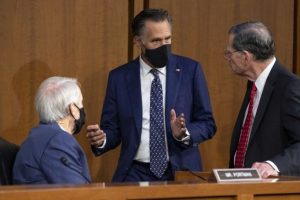
This week’s Climate and Clean Air Compact news roundup includes a discussion of the climate implications of the Senate bipartisan infrastructure legislation, the Deseret News’s take on the IPCC’s latest climate assessment, a piece by Park City Chamber of Commerce’s CEO Jennifer Wessellhoff on how the Climate and Clean Air Compact is “pragmatic trailblazing,” and more!
|
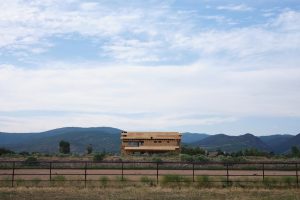
Our weekly news roundup includes Congressman John Curtis penning an op-ed on a conservative approach to climate action, an op-ed on infrastructure by Sarah Wright and Karl Sun of Lucid, a piece about the impact of this summer’s drought on Oakley and Echo in the New York Times, and more!
|

“We find ourselves at a unique moment of opportunity to drive big changes through smart 21st century infrastructure investments that will set up Utah and our nation to succeed in the future. By embracing these opportunities as part of any national infrastructure legislation, Utah’s congressional delegation will help our state and our nation adapt and thrive in the future.”
|
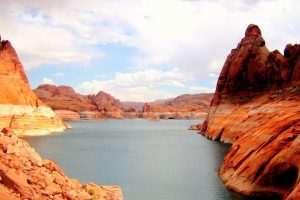
Utah is in the midst of its worst drought in decades. While state officials have focused on it to explain the water shortage Utah is facing, experts say there’s more to the story.
|
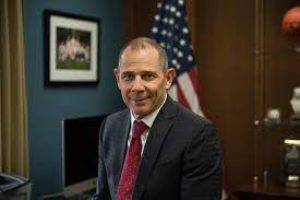
Rep. John Curtis argues it’s a matter of survival — for the planet and his party.
|
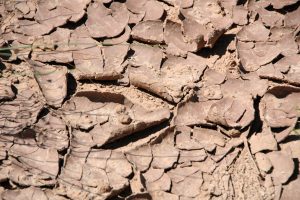
By almost every measure, the drought in the Western U.S. is already one for the record books. Almost half the country’s population is facing dry conditions. Soils are parched. Mountain snowpacks produce less water.
|
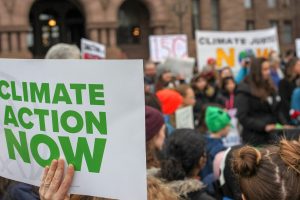
“We haven’t heard enough about innovation and American leadership. We haven’t heard enough about pro-growth, market-based policies. Republicans need to talk about solutions based on these principles. We need to do more than just oppose bad ideas. We need to offer good ones that are effective and consistent with our values.
|
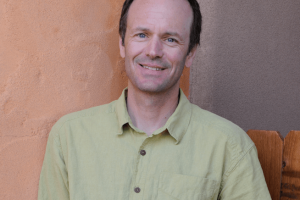
The good news is that we have cost effective solutions today to cut methane and air pollution. Forward thinking companies in the oil and gas industry use a variety of technologies to find and fix methane leaks such as optical gas imaging cameras that can see methane, continuous emissions monitoring systems installed on site, or aerial or drone monitoring.
|

We had a great conversation with the former Congressman Ryan Costello and Catrina Rorke, the Vice President for Policy, about the Climate Leadership Council’s Baker Shultz Carbon Dividends Plan, a carbon pricing proposal that would price carbon emissions and return the proceeds back to households in the form of a dividend.
|
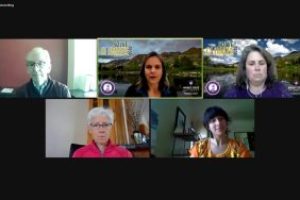
Weber State University hosted a “Solve Climate 2030” event on April 7, which featured Utah Climate and Clean Air Compact leaders Congressman John Curtis and Vicki Bennett of Salt Lake City Sustainability, as well as Olivia Suarez of SUWA and Tom Holst of the Kem C. Gardner Policy Institute, in a discussion about climate action and what it means for Utah students and communities.
|

Utahns must be good stewards of the environment we have inherited. We owe it to our state’s future and our children’s future to take decisive action to curb carbon emissions. The best way to accomplish this is for Utah to lead and champion solutions that both parties can support. That is why I support the Baker-Shultz Carbon Dividends Plan.
|

More than 100 state leaders from across the political spectrum gathered virtually Wednesday morning to sign, what they are calling, the first-ever Utah Climate and Clean Air Compact — urging the state to become a national leader on climate action.
|
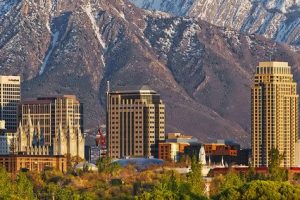
Dozens of Utah’s most influential people — including politicians, businesspeople and faith leaders — joined in an online event Wednesday to acknowledge the dangers of climate change and air pollution as well as committing to change.
|
